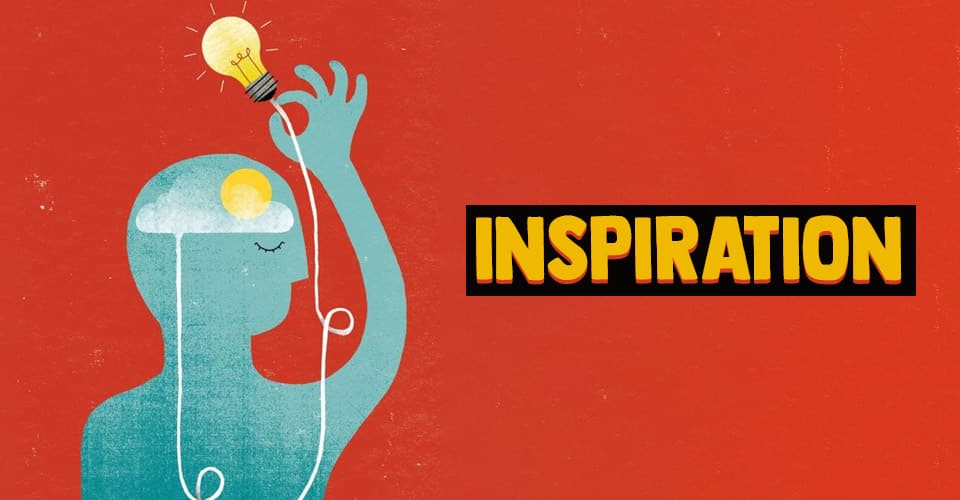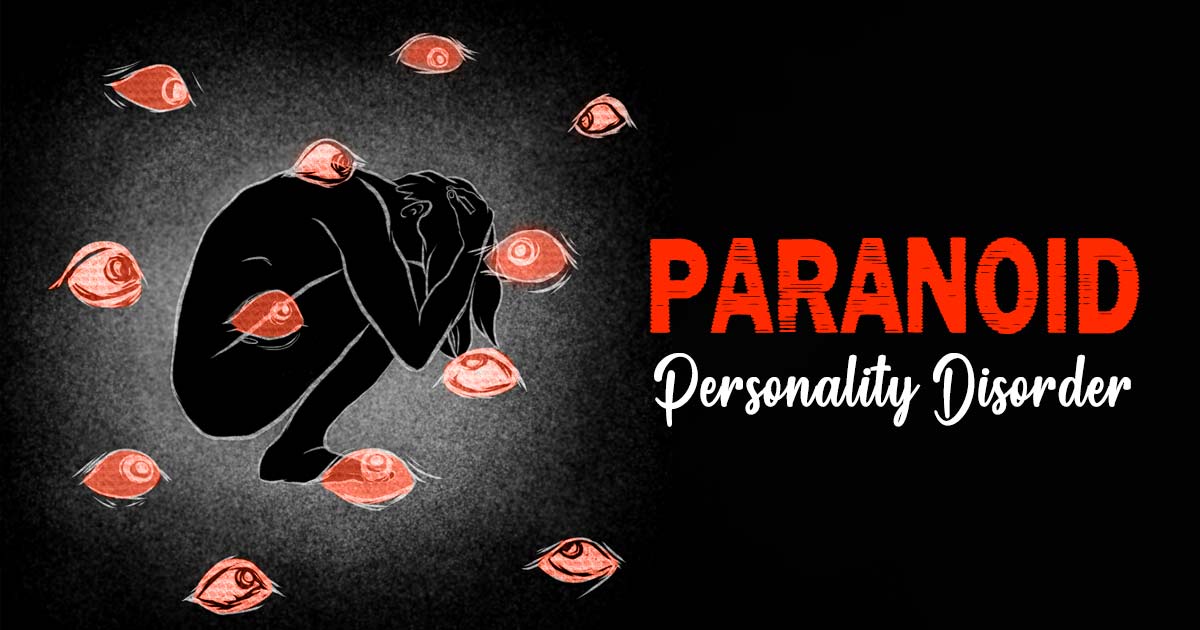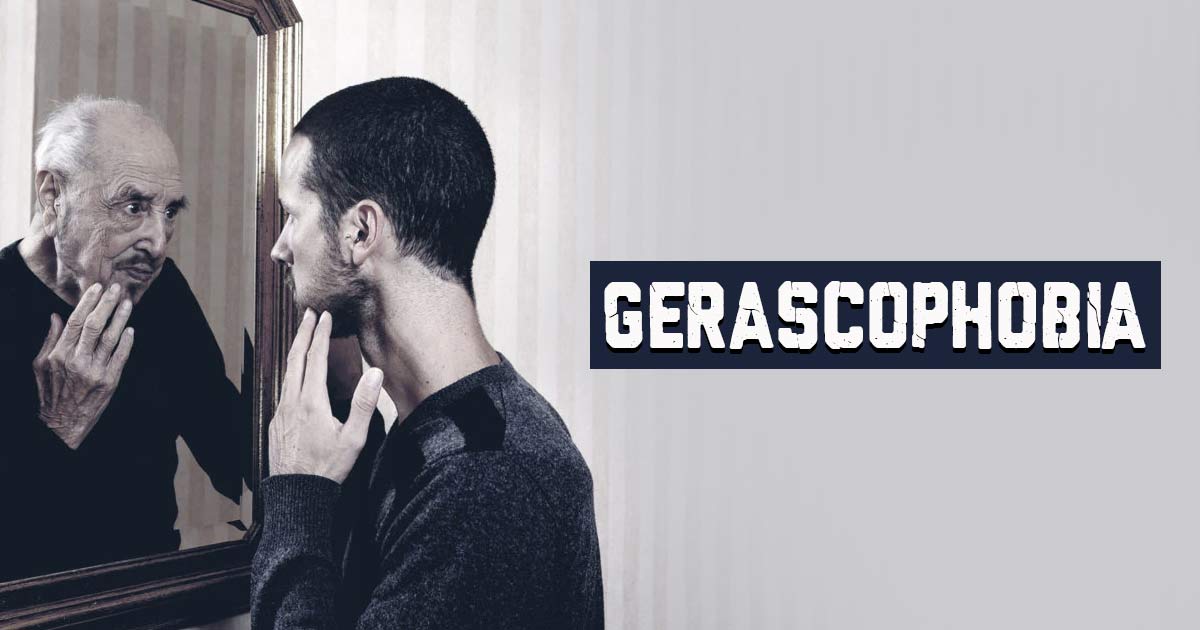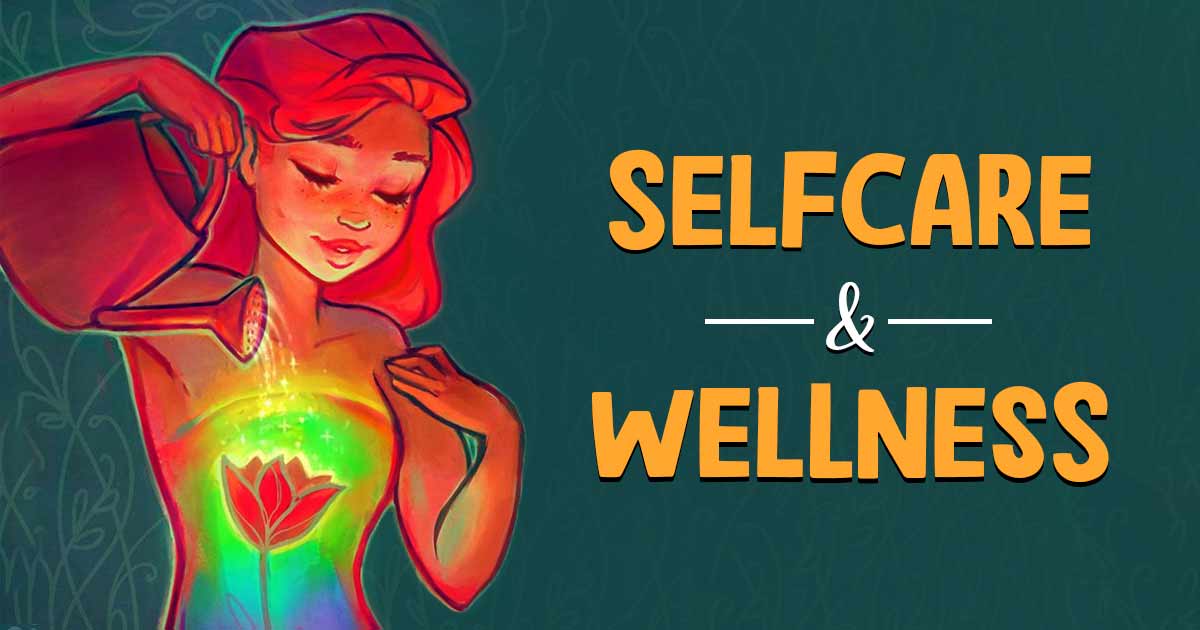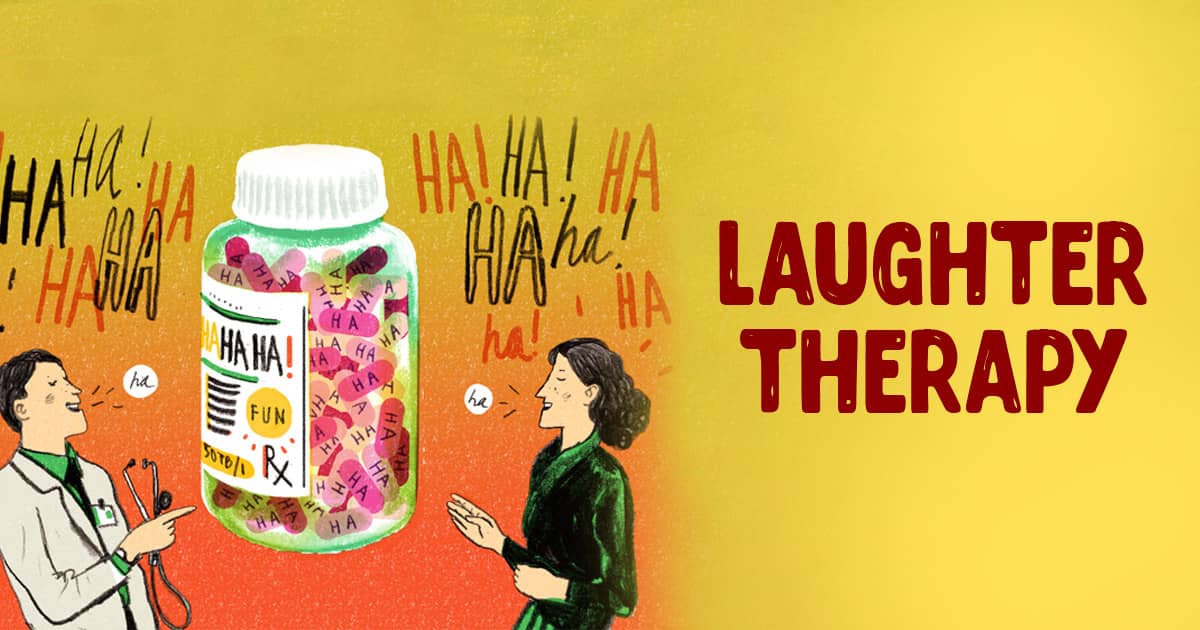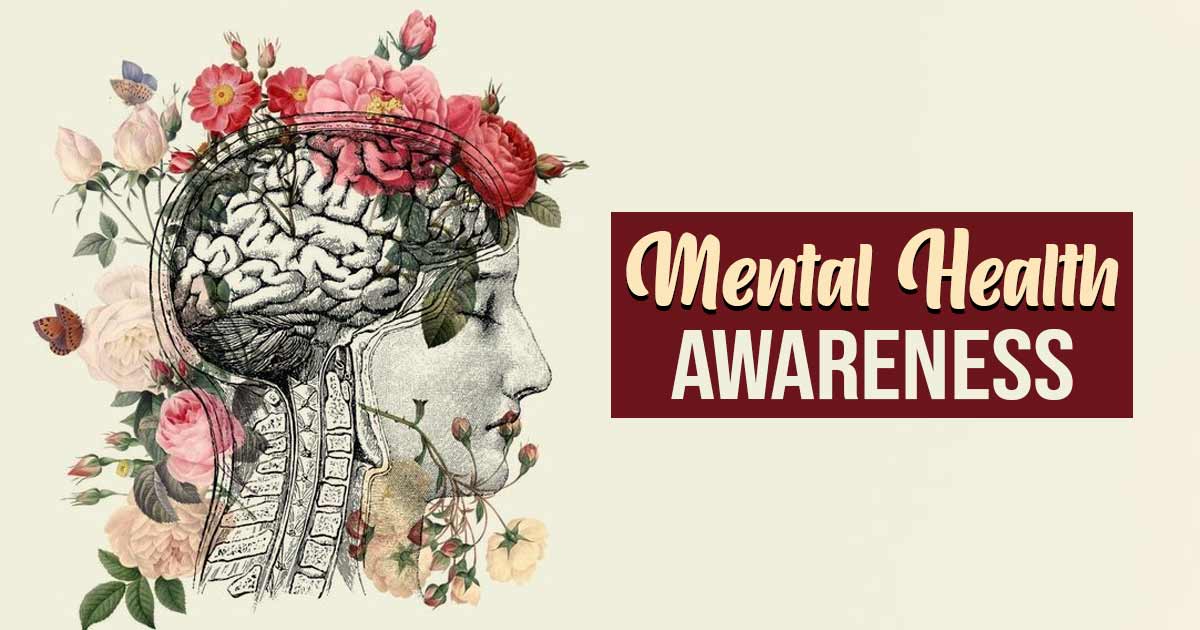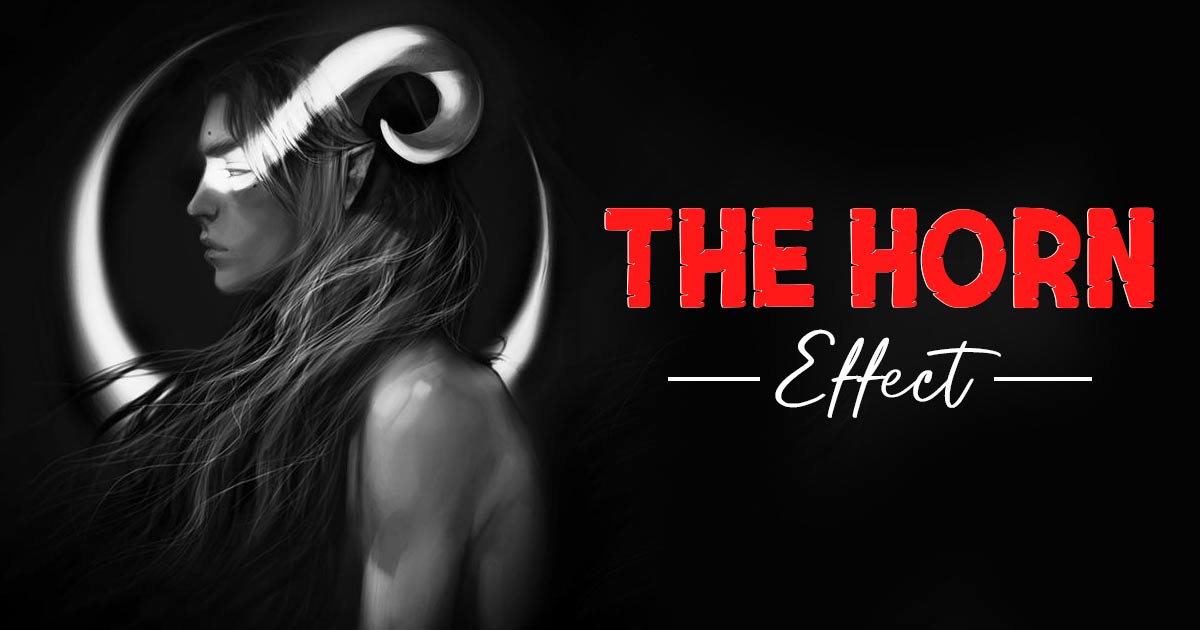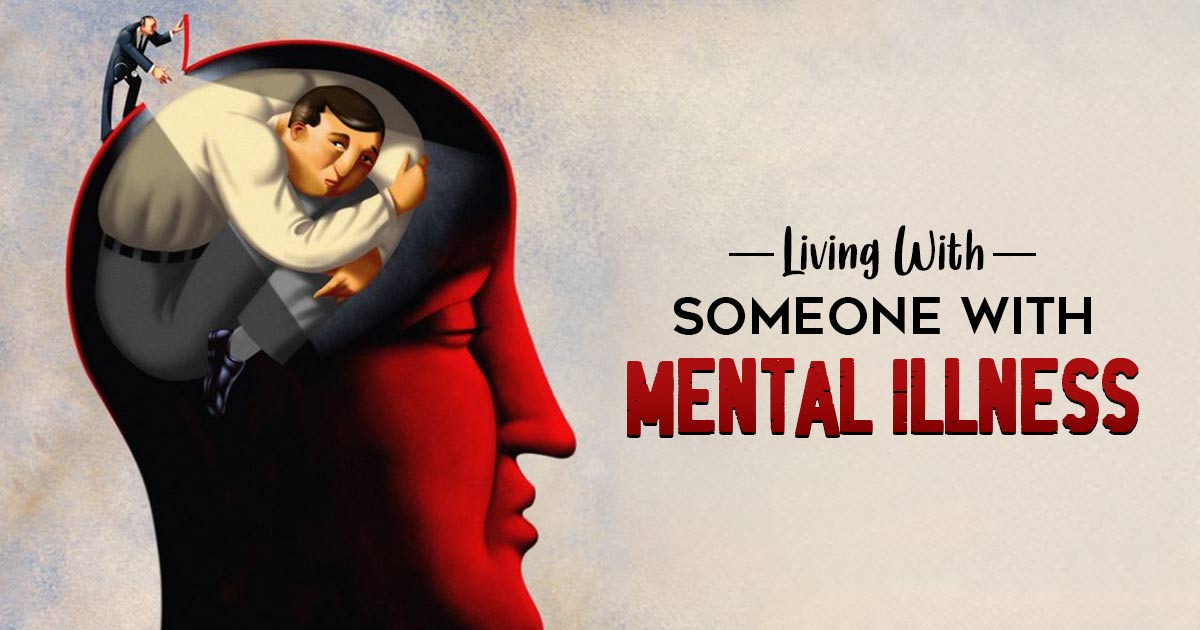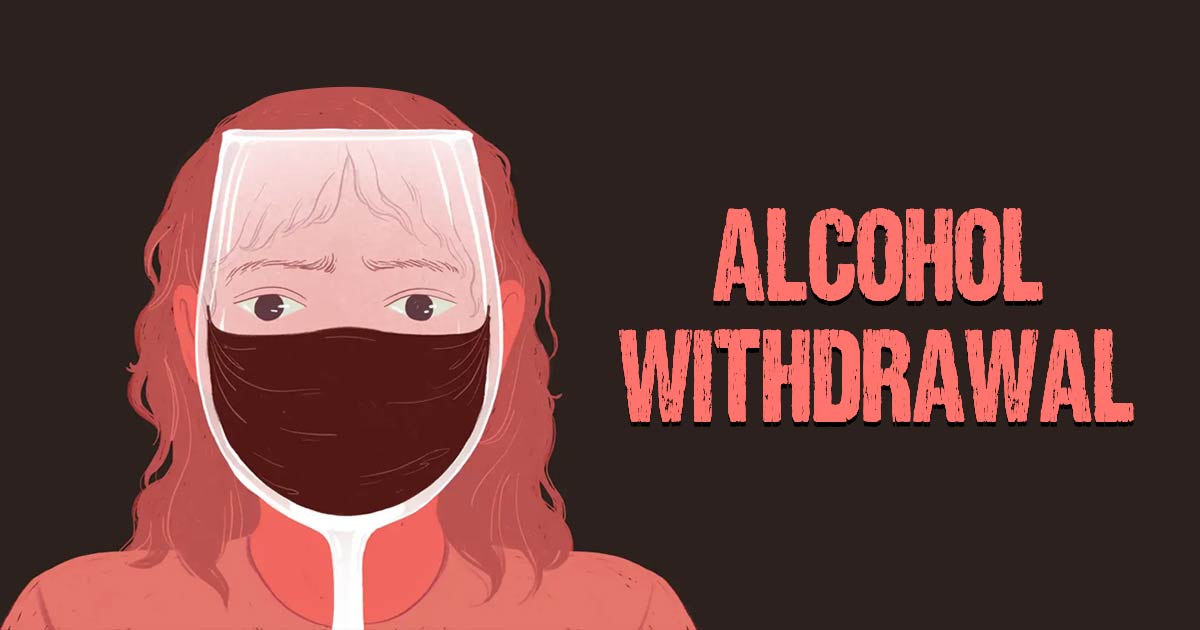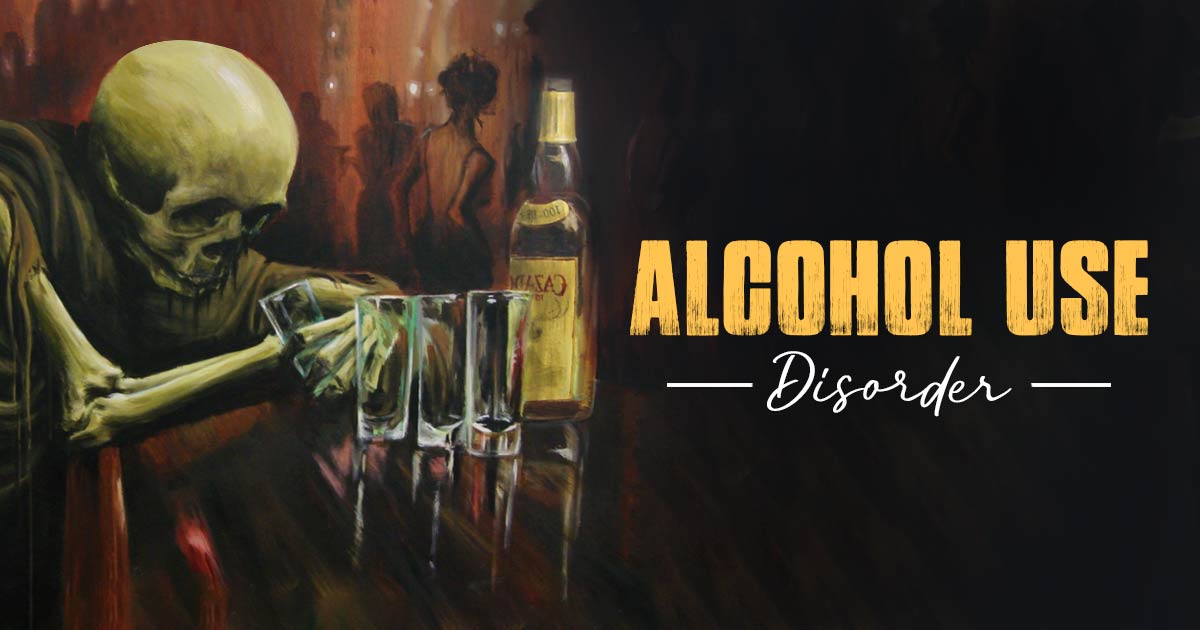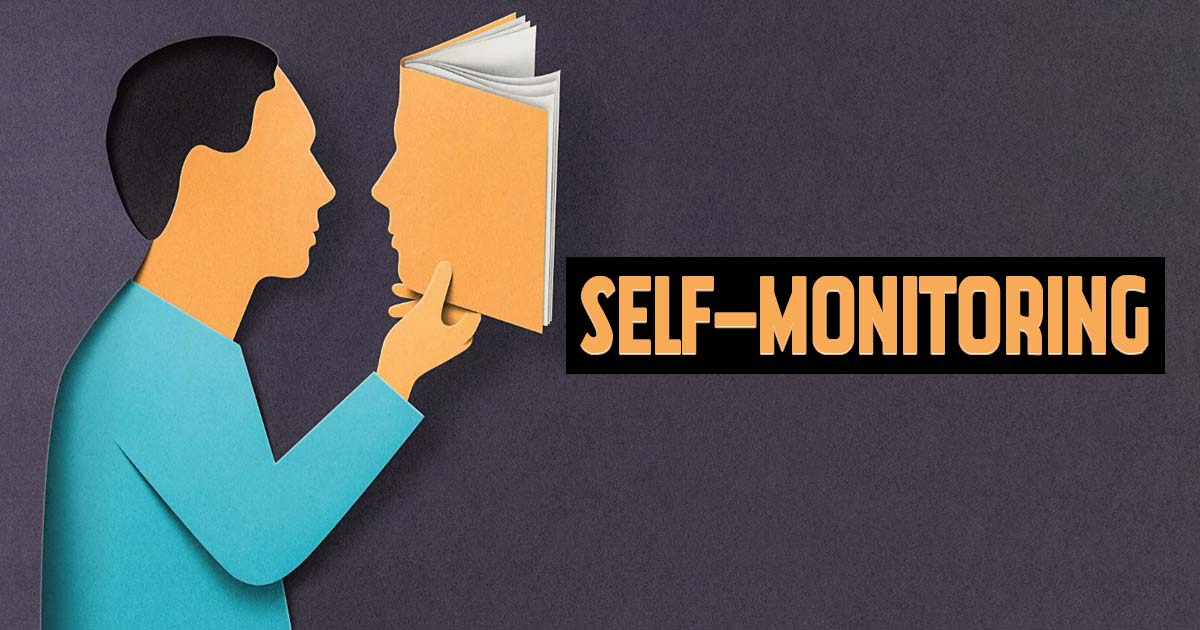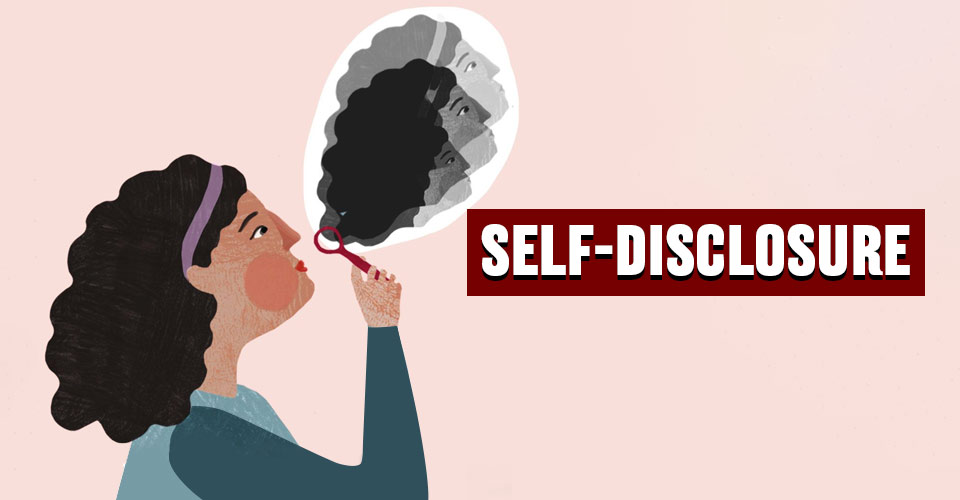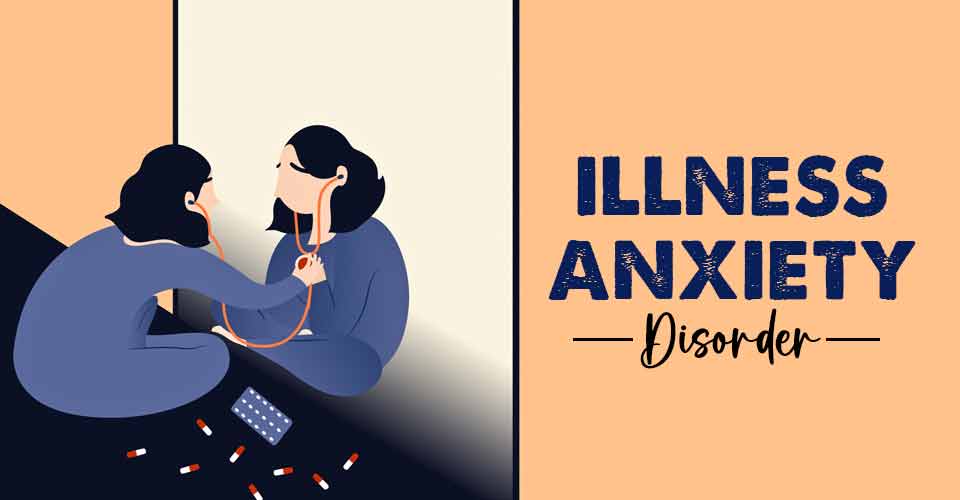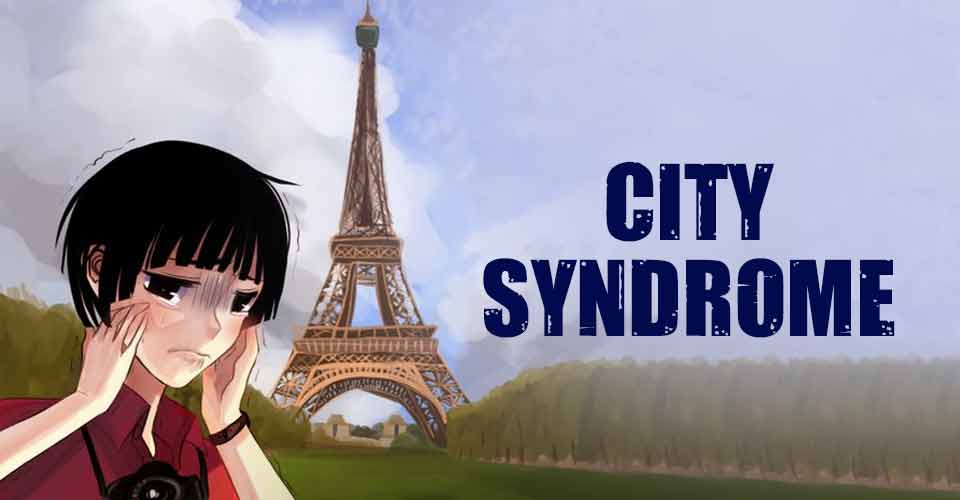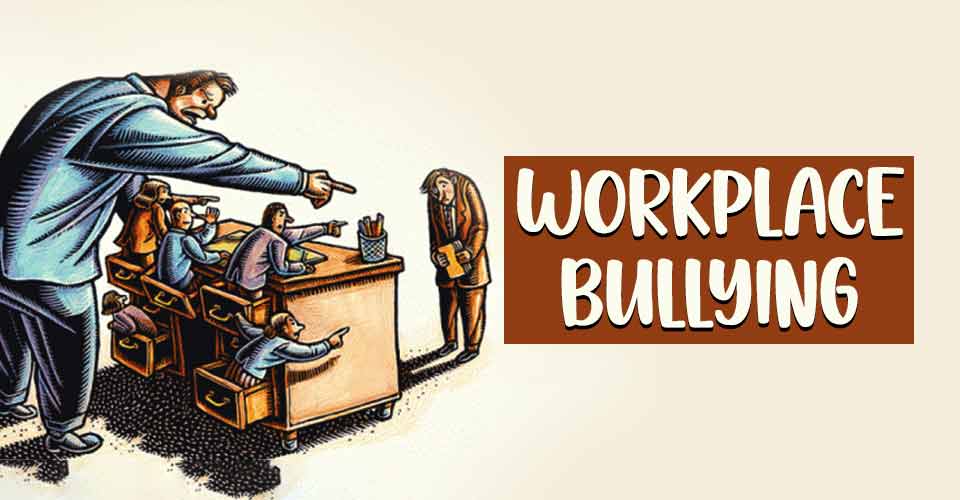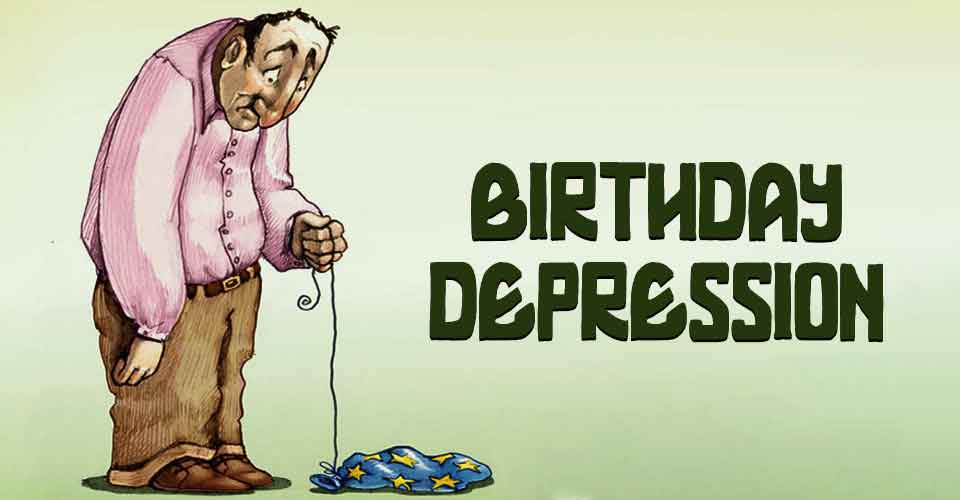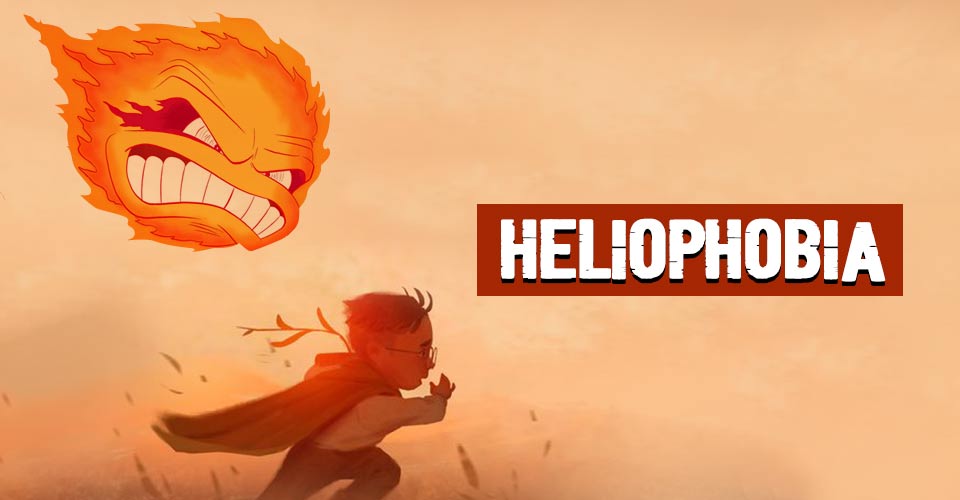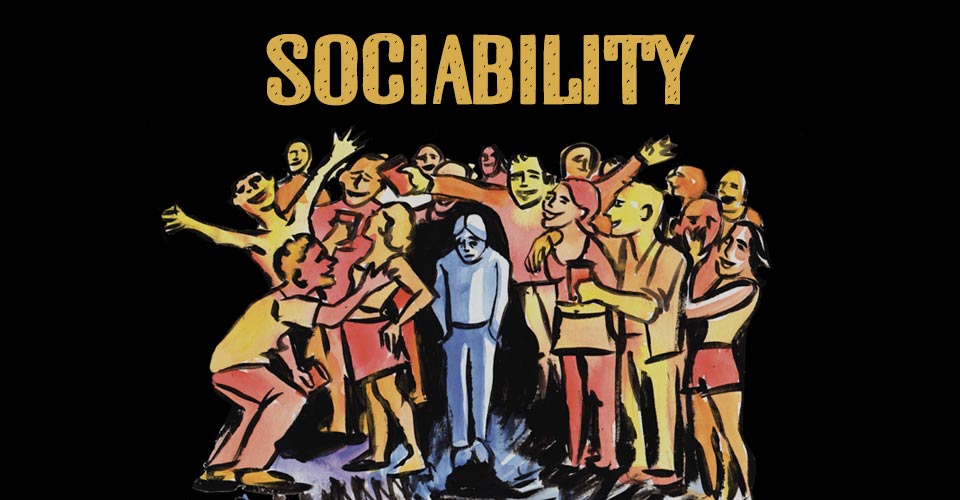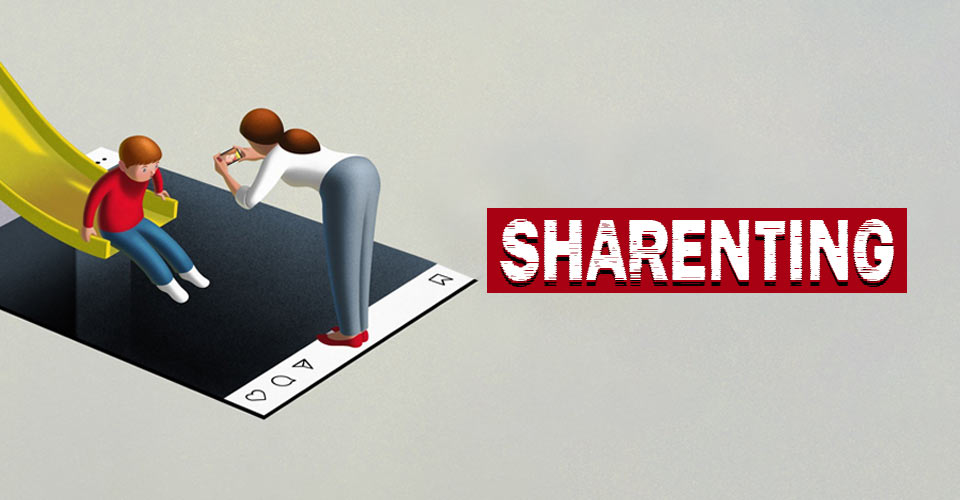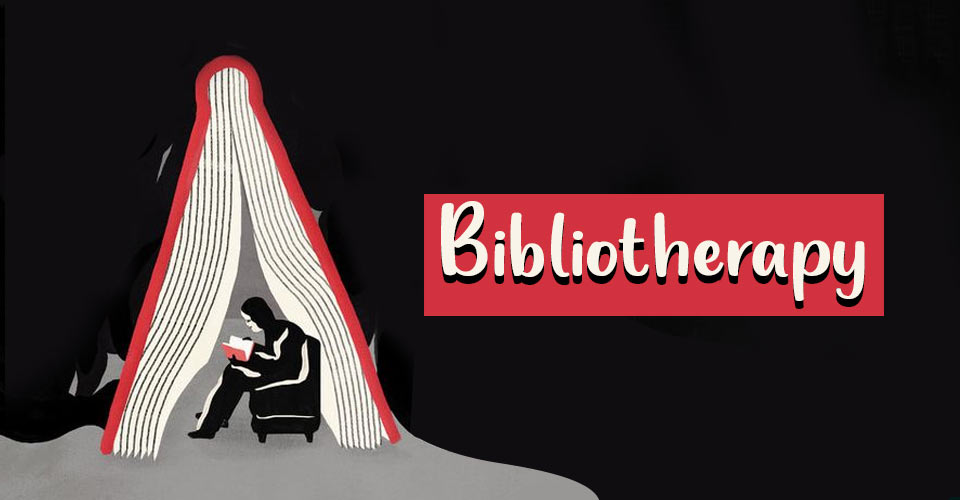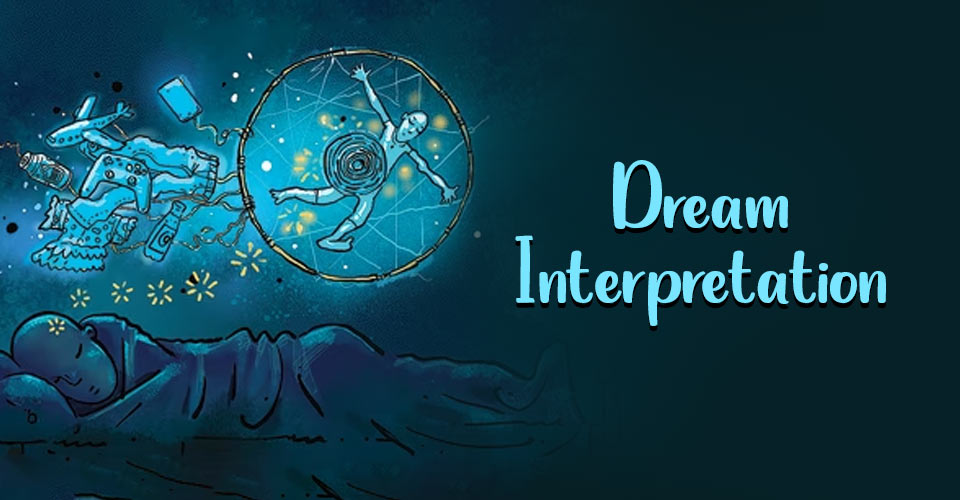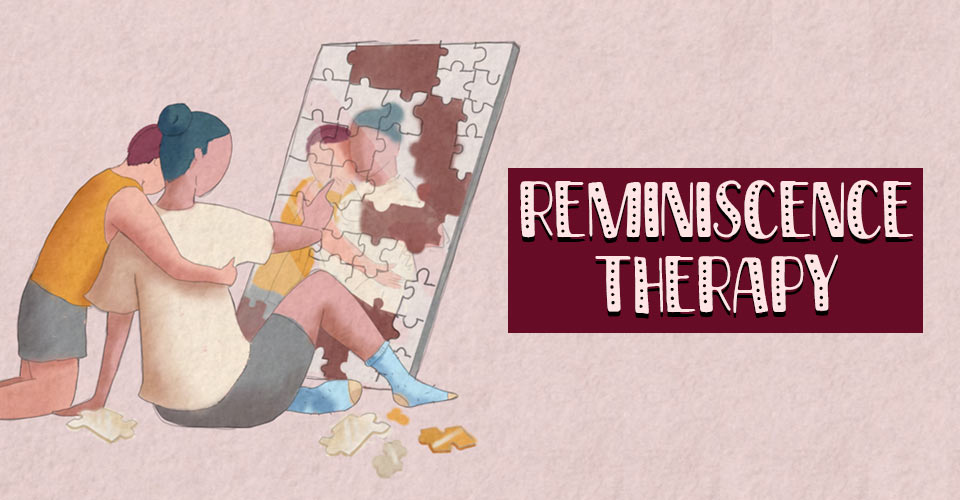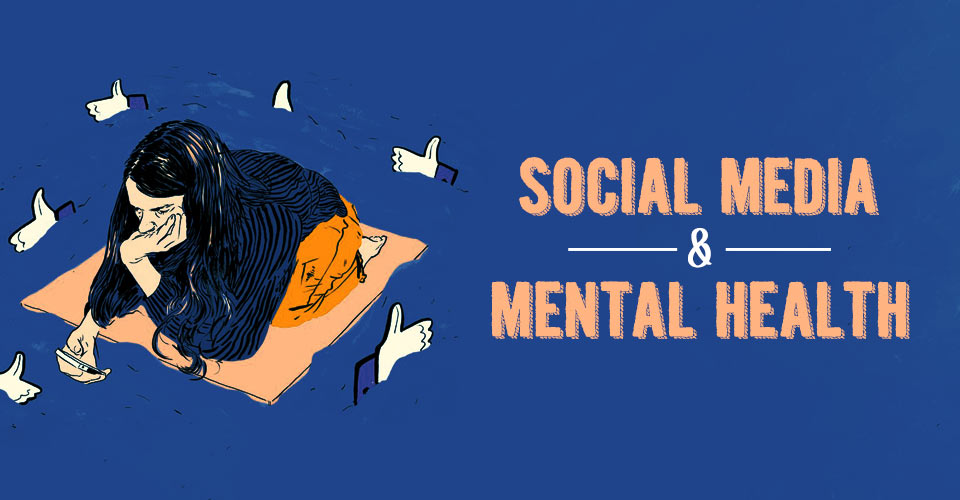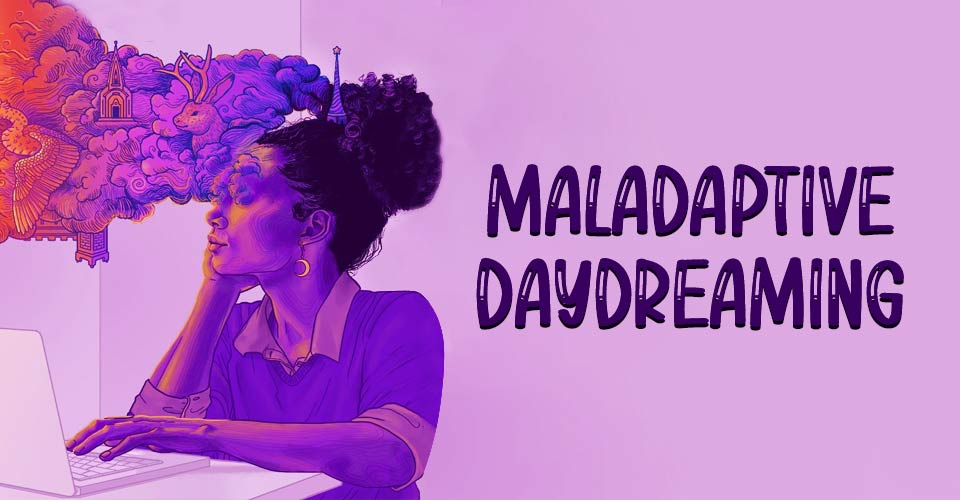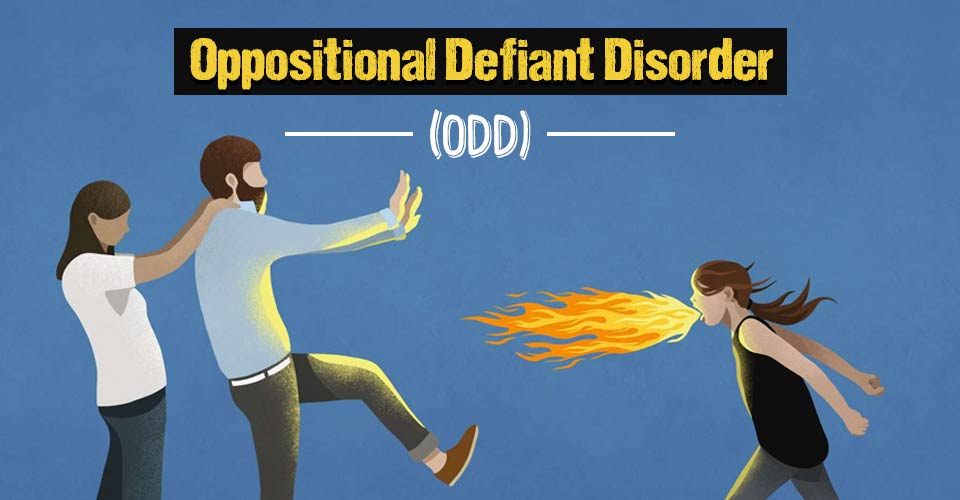Inspiration refers to the experience of being mentally and emotionally motivated and aroused to act or behave in a way, to accomplish something or to create something artistic. We can be inspired by almost anything and everything, whether a person, an event, an object or an idea.
What Is Inspiration?
Inspiration typically refers to stimulation of mind and emotions that enables and empowers us to express ourselves or our creative talents, to improve our lives or the lives of others. It is a state of being inspired which leads to a certain and sudden idea or action. This quality or state can be instigated or driven by our own thoughts & feelings, other individuals, experiences, events, or things.
We can be inspired by a sensation, an emotion, a work of art, a visual or even a sound to create new and novel ideas. Inspiration is widely observed in creative individuals, whether in literature, art, music, dance performances, movies etc. It can also refer to a non-creative intellectual or emotional process which motivates a person to become better, happier, more expressive and successful in life.
Researchers 1 Thrash, T. M., & Elliot, A. J. (2003). Inspiration as a psychological construct. Journal of personality and social psychology, 84(4), 871–889. https://doi.org/10.1037/0022-3514.84.4.871 believe that it is a general psychological construct marked by motivation, evocation & transcendence and is observed in various domains such as creativity, religion and interpersonal relations. It is believed that this state or quality of being inspired is evoked involuntarily by internal and/or external factors, instead of being initiated willfully or deliberately by an individual.
Hence, we cannot control when or how we will become inspired as an episode of inspiration is evoked and sustained by a stimulus object. When someone is inspired, they gain new awareness of concrete and clear new opportunities and possibilities which go beyond mundane issues. This new awareness helps us to gain a new vision and express, manifest or actualize it.
Understanding Inspiration
According to a 2014 study 2 Oleynick, V. C., Thrash, T. M., LeFew, M. C., Moldovan, E. G., & Kieffaber, P. D. (2014). The scientific study of inspiration in the creative process: challenges and opportunities. Frontiers in human neuroscience, 8, 436. https://doi.org/10.3389/fnhum.2014.00436 , “inspiration is a motivational state that compels individuals to bring ideas into fruition.” It is widely considered that this mental & emotional state is crucial for the creative process. However, the term is used in other disciplines such as psychology, theology, humanism and social comparison. One 2004 study 3 Thrash, T. M., & Elliot, A. J. (2004). Inspiration: core characteristics, component processes, antecedents, and function. Journal of personality and social psychology, 87(6), 957–973. https://doi.org/10.1037/0022-3514.87.6.957 has found that this psychological construct can be broken down to functionally separate processes, namely – “being inspired by” and “being inspired to”.
Experts believe that being inspired by may be considered as a passive process, while being inspired to can be considered as an active process. The state of being inspired by requires one to recognize, admire and value the intrinsic value of the stimulus, while the state of being inspired to is characterized by motivation to utilize and add those “valued qualities to a new object.”
However, inspiration is different from motivation 4 Simpson, E. H., & Balsam, P. D. (2016). The Behavioral Neuroscience of Motivation: An Overview of Concepts, Measures, and Translational Applications. Current topics in behavioral neurosciences, 27, 1–12. https://doi.org/10.1007/7854_2015_402 . While motivation involves accomplishment of certain goals and objectives, the inspired state motivates a person to express and appreciate the valued traits of the stimulus or evoking object. For example, when we are inspired by another individual, we strive to attain the qualities and traits of the individual which originally inspired us.
Inspiration And Creativity
The state of being inspired is especially observed in creative activities 5 Khalil, R., Godde, B., & Karim, A. A. (2019). The Link Between Creativity, Cognition, and Creative Drives and Underlying Neural Mechanisms. Frontiers in neural circuits, 13, 18. https://doi.org/10.3389/fncir.2019.00018 . Here the aspect of transcendence plays an important role where a person is inspired by a stimulus object and experiences a sudden appearance or inception of new creative ideas. This is what we typically refer to as a stroke of genius or having an ‘aha’ moment. When we are inspired by something and have a new idea, it can lead to the state of being inspired to.
However, this can occur if the idea is practical and we have the ability & the motivation to pursue it. This leads to the process of action which enables us to actualize our creative idea successfully. However, it should be noted that inspiration does not act as the source of creativity, rather it acts as “a motivational response to creative ideas.” It involves the transmission of valued qualities, not the origin of such qualities.
According to a 2010 study 6 Thrash, T. M., Maruskin, L. A., Cassidy, S. E., Fryer, J. W., & Ryan, R. M. (2010). Mediating between the muse and the masses: inspiration and the actualization of creative ideas. Journal of personality and social psychology, 98(3), 469–487. https://doi.org/10.1037/a0017907 , “Within the creativity domain, inspiration is a motivational state posited to energize the actualization of creative ideas.” The study found that inspiration and creativity are distinct processes where the former follows the latter. It was also found that positive affect, temperament and openness to aesthetics regulate the association between creativity and the state of inspiration. The researchers concluded that the state of being inspired predicted efficiency and productivity in creativity.
Read More About Creativity Here
Types Of Inspiration
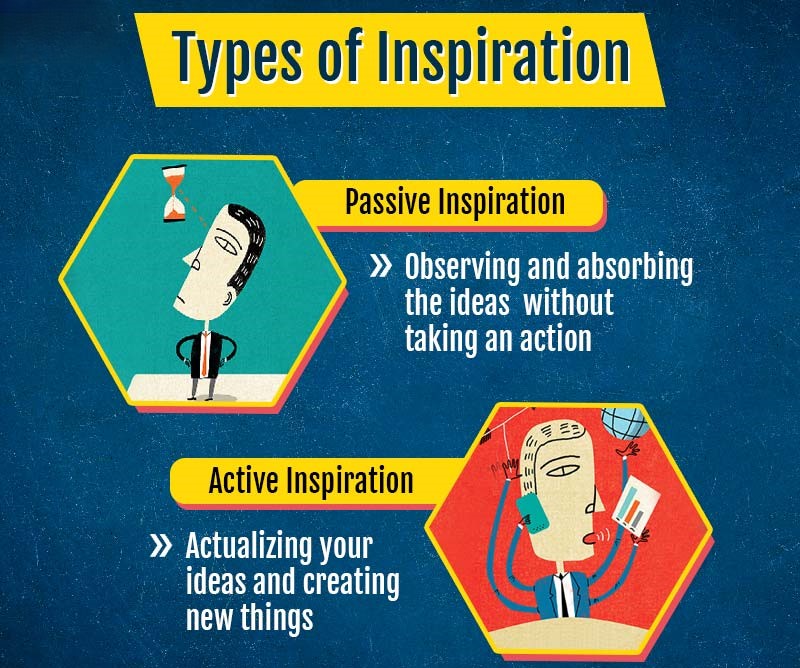
Generally, it is believed that inspiration can be categorized into two major types – passive and active inspiration.
1. Passive inspiration
This type refers to observing and absorbing the ideas, action and achievements of others to gain new ideas. It involves being inspired by reading a book or motivational quotes 7 Bedrov, A., & Bulaj, G. (2018). Improving Self-Esteem With Motivational Quotes: Opportunities for Digital Health Technologies for People With Chronic Disorders. Frontiers in psychology, 9, 2126. https://doi.org/10.3389/fpsyg.2018.02126 , watching motivational videos, listening to the interview of a role model etc. Here you are not actively involved in taking an action or creating something.
2. Active inspiration
The second type of inspiration refers to actualizing your ideas and creating new things through a process of trial and error. It is related to passion and the application of newly conceived ideas for the accomplishment of goals. Here you are inspired in the long run to do something instead of feeling enthusiastic momentarily.
How To Find Inspiration In Daily Life
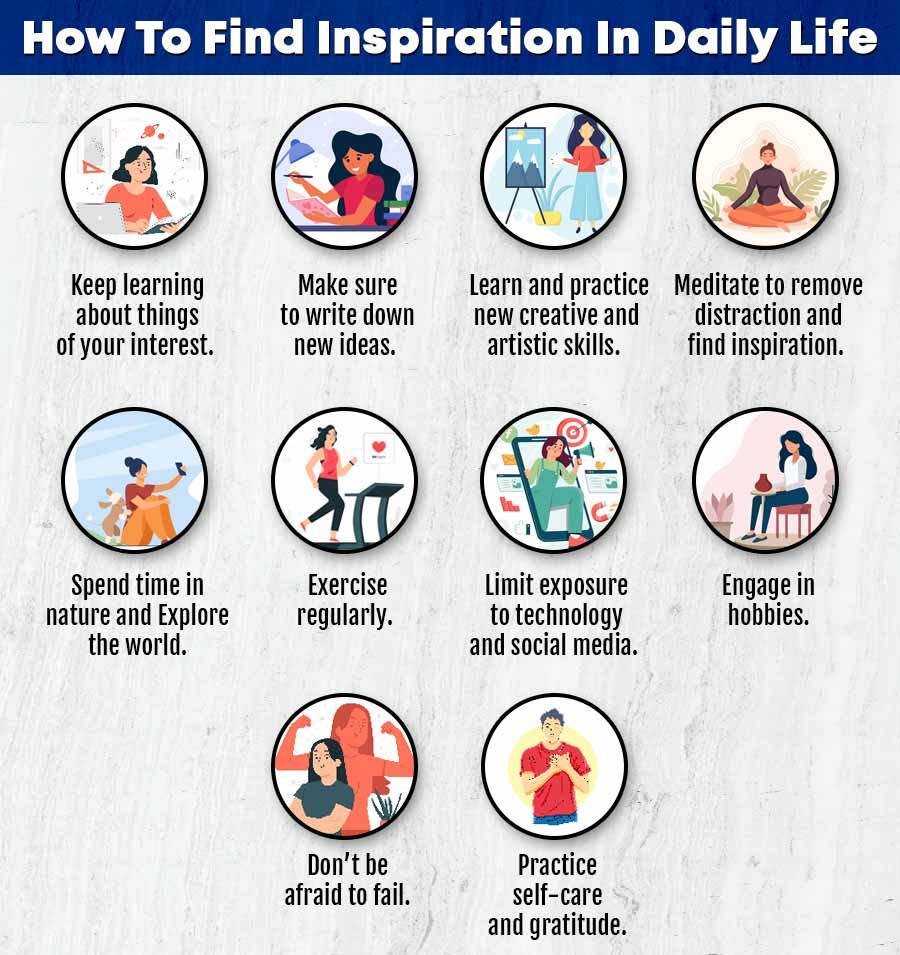
According to a recent study 8 Callaghan S. (2021). Data, Inspiration, and the New Year. Patterns (New York, N.Y.), 2(1), 100189. https://doi.org/10.1016/j.patter.2020.100189 , inspiration can strike at any moment and anywhere. “Inspiration can come at the strangest moments, from the strangest things – like taking a bath or seeing the shape of a spiral staircase,” adds the study. If you want to be more open to being inspired, here are a few beneficial ways to help you find new ideas and actualize them –
1. Learn constantly
Keep learning about things you are interested in by reading books, blogs and research papers. You can also watch videos or interviews and conduct research online. However, it is also crucial that you learn about subjects and topics outside your field of interest to broaden your horizon.
2. Note down everything
As inspiration can come from anywhere and at any time, make sure to write down whatever new ideas appear in your awareness. regardless of the quality or feasibility of ideas, build the habit of writing your thoughts down on paper. Journaling 9 Charles J. P. (2010). Journaling: creating space for “I”. Creative nursing, 16(4), 180–184. https://doi.org/10.1891/1078-4535.16.4.180 can help you in the creative process as it helps to create space and time for ourselves.
3. Engage in creative activities
Learn and practice new creative and artistic skills as it can help you disconnect from the distractions of daily, mundane life and create new space for creative ideas. You can choose to write, paint, play music or anything else that you haven’t considered before.
4. Meditate
Meditation can help you calm your mind, remove distractions and find inspiration and new possibilities by refreshing your mind. Studies 10 Capurso, V., Fabbro, F., & Crescentini, C. (2014). Mindful creativity: the influence of mindfulness meditation on creative thinking. Frontiers in psychology, 4, 1020. https://doi.org/10.3389/fpsyg.2013.01020 have found that mindfulness meditation can influence and improve creative thinking. “The nature of the mindfulness-creativity relationship is positive and promising – in that mindfulness can enhance creativity,” explains a 2020 study 11 Henriksen, D., Richardson, C., & Shack, K. (2020). Mindfulness and creativity: Implications for thinking and learning. Thinking skills and creativity, 37, 100689. https://doi.org/10.1016/j.tsc.2020.100689 .
Read More About Meditation Here
5. Travel
Changing your surroundings, spending time in nature and exploring the world can also help you find inspiration. Traveling to new locations, meeting new people and learning about new cultures can help you find new creative ideas. By disconnecting from your daily life and connecting with nature, you can feel more inspired.
Here are some other ways you can feel inspired in your life to become a better person and achieve your goals –
- Exercise regularly
- Limit exposure to technology and social media
- Practice self-care and take care of your mental and physical health
- Don’t be afraid to fail
- Engage in hobbies
- Practice gratitude
Be Inspired
Inspiration empowers us to create our best work and is a vital ingredient for our personal and professional development. This is why, being inspired by something is not enough, we also need to be inspired to put our creative ideas into action in order to succeed and improve. Taking steps to find inspiration in our daily lives can help us find better solutions and do new creative work consistently over time.
Inspiration At A Glance
- Inspiration refers to mental and emotional stimulation that motivates us to create something new or accomplish a goal.
- A person can be inspired by anything, whether an experience, an individual, or an object.
- It is observed in creativity, theology, psychology, interpersonal relations, social comparison and humanism.
- This psychological construct can be categorized into two main types – passive and active inspiration.
- Inspiration is different from motivation as the latter is associated with accomplishment of goals, while the former is related to expressing and appreciating traits in a stimulus object.

